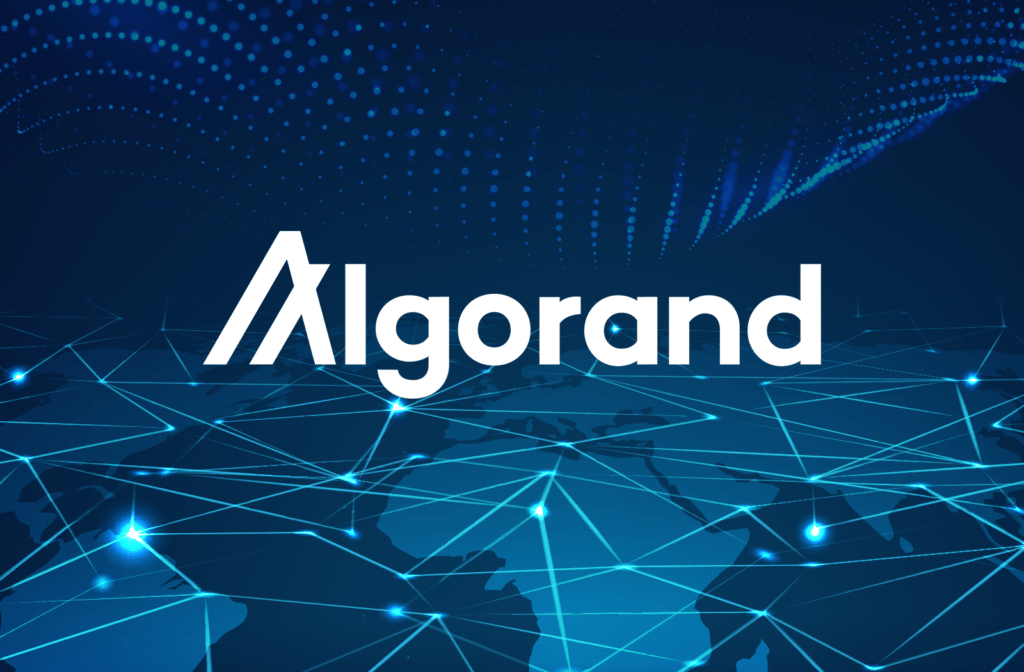
Coinposters
Algorand (ALGO): The Blockchain for FutureFi

What is Algorand?
Algorand is an open-source blockchain technology that aims to revolutionize the way coins are created. This is accomplished by enhancing transaction speed, lowering transaction time, and improving blockchain security without jeopardizing decentralization. ALGO is the Algorand network’s utility token, which can be staked and used to gain rewards on the Algorand ecosystem. The ALGO token is used to make all payments in the Algorand community.
History
Algorand Inc. is the legal name of the corporation that operates the Algorand blockchain platform, which was founded in 2017 by Silvio Micali. Silvio is an MIT computer science professor who has won the Turing Award and the Gödel Prize. Silvio is a well-known cryptographer and co-inventor of one of the most essential technologies in the crypto industry, zero-knowledge proofs, which are especially critical for many private currencies.
He holds a bachelor’s degree in mathematics from Sapienza Università di Roma and a doctorate in computer science from the University of California, Berkeley. Silvio also has a University of Toronto Postdoctoral Fellowship. “A first-of-its-kind infinite transaction platform, Algorand achieves the promise of blockchain technology by addressing the “Blockchain Trilemma”: enabling real decentralization, scalability, and security,” Silvio writes on LinkedIn.
How it Works
Every cryptocurrency network’s inventor juggle between decentralization, scalability, and security. Even Vitalik Buterin, the founder of Ethereum, admits that a blockchain’s developers are obligated to prioritize two of these three requirements.
The blockchain trilemma is a word used to explain the three traits that a project must have in order to be considered acceptable. Scalability is usually hampered by a decentralized and highly secure network. Furthermore, the majority of decentralized and scalable blockchains are hackable. Finally, genuine decentralization may be impossible to accomplish in a safe, scalable network.
For transactions to be authorized, Algorand just requires two-thirds agreement from validating parties. You’d need more than one-third of Algorand’s token supply to have a chance of effectively breaking the system. With a market capitalization of over $9 billion, that seems doubtful.
Pros
- Innovator in the crypto world: Many nations have jumped on board a recent wave of central bank digital currencies, which are digitized representations of the country’s fiat currency. The Marshall Islands were first, followed by China, Ukraine, South Korea, and Nigeria… these are just a few of the countries that have introduced digital fiat currencies, with many more on the way.
- Shorter scaling time: When you think about decentralized finance (DeFi) and smart contracts, the first thing that springs to mind is probably Ethereum. Ethereum has so far dominated the DeFi field with decentralized apps such as Uniswap, Aave, MakerDAO, and Yearn Finance.
Cons
- Regulations: Attempts have been made all around the world to keep cryptocurrencies from becoming popular. China, Japan, the United Kingdom, and other nations have enacted legislation or regulations to affect the adoption of cryptocurrency on a local level, either directly or indirectly.
- The never-ending Ethereum threat: Algorand would have been the first system to implement smart contracts and DeFI. Unfortunately, Ethereum takes the prize once more. When developers wish to work on a DApp, the first thing that comes to mind is Ethereum, which will continue to be a significant and necessary component in the DeFi area. Over 300 developers are now working on new Ethereum-based projects.
Latest
Altcoins
09 May 2024
Altcoins
19 Apr 2024
Altcoins
16 Jan 2024
Altcoins
31 Aug 2023
Altcoins
24 Jun 2023
Altcoins
24 Jun 2023













